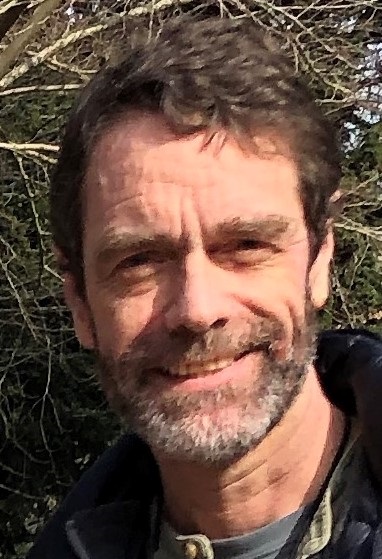
Benjamin Fitzhugh
Professor, Anthropology
University of Washington
Tel: 206-543-9604 Box: 353100
![]() website
website
CSDE Research Areas:
- Demographic Measurements and Methods
- Environments and Populations
- Migration and Settlement

Professor, Anthropology
University of Washington
Tel: 206-543-9604 Box: 353100
![]() website
website
CSDE Research Areas: